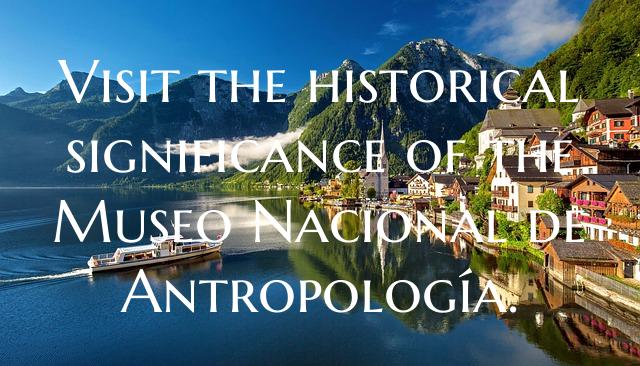
The Museo Nacional de Antropología, located in Mexico City, stands as a cultural cornerstone and a testament to the rich historical heritage of Mexico. Founded in 1825, the museum is dedicated to the preservation and display of Mexico's diverse cultural legacy, spanning from the pre-Columbian era to the present day.
One of the most notable features of the Museo Nacional de Antropología is its impressive collection of artifacts from ancient Mesoamerican civilizations such as the Maya, Aztec, and Olmec. Visitors can marvel at iconic pieces like the Aztec Calendar Stone, which symbolizes the intricate celestial and religious beliefs of the Aztec people. The stunning Feathered Serpent sculpture, representing the Aztec god Quetzalcoatl, is another must-see exhibit that showcases the remarkable artistry of Mesoamerican civilizations.
Beyond its extensive collection of archaeological treasures, the museum also offers insight into the cultural practices and traditions of contemporary indigenous communities in Mexico. Through interactive exhibits and educational programs, visitors can gain a deeper understanding of the ongoing significance of indigenous heritage in Mexican society.
In addition to its permanent collections, the Museo Nacional de Antropología hosts temporary exhibitions that explore various aspects of Mexican culture, from traditional crafts to modern artistic expressions. These dynamic displays serve to highlight the enduring vitality and creativity of Mexico's cultural heritage.
A visit to the Museo Nacional de Antropología is not just a journey through the past but also an opportunity to engage with the vibrant tapestry of traditions, beliefs, and artistic achievements that define Mexico's cultural identity. Through its dedication to preserving and promoting cultural diversity, the museum invites visitors to appreciate the historical significance of Mexico's rich heritage and to celebrate the enduring legacy of its indigenous peoples.